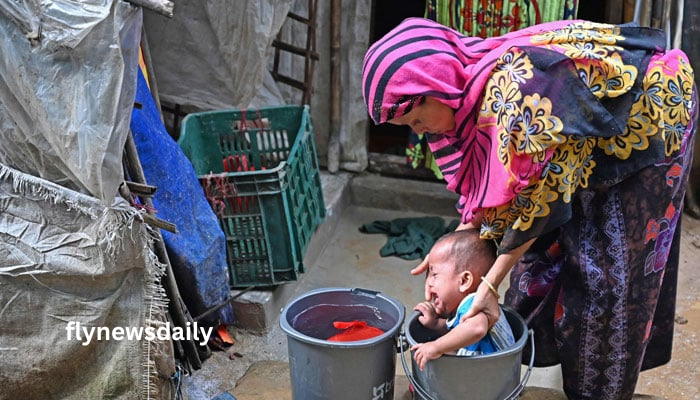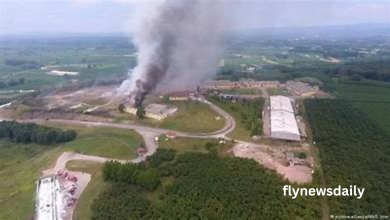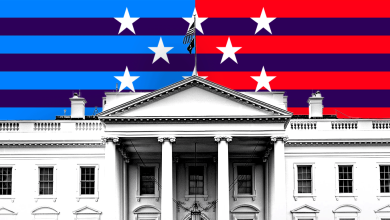
The political landscape of Bangladesh is shifting, and for the millions of Rohingya refugees housed in the country, these changes could signal a fresh wave of hope. Sheikh Hasina, the current Prime Minister of Bangladesh, has long been at the center of Bangladesh’s political and humanitarian responses. Her government has faced mounting challenges in addressing the needs of Rohingya refugees fleeing violence from Myanmar. However, as calls for change within the country grow louder, many are wondering whether a post-Hasina government could offer new solutions to one of the world’s most pressing refugee crises.
The Political Landscape in Bangladesh
Bangladesh has been governed by Sheikh Hasina since 2009, with her political legacy rooted in the country’s fight for independence and subsequent democratic reforms. Over the years, her government has achieved significant economic growth, but critics have increasingly pointed out rising authoritarian tendencies, curbs on free speech, and discontent over governance.
Political movements have started to gain traction, pushing for changes in leadership, and if these forces succeed, Bangladesh could see a new government take charge. What would this mean for the Rohingya refugees?
The Rohingya Crisis: An Overview
The plight of the Rohingya people has been described as one of the greatest humanitarian crises of our time. Fleeing persecution and violence in Myanmar, over 700,000 Rohingya refugees have sought shelter in Bangladesh since 2017. With makeshift camps sprawling across the border, Bangladesh has been lauded for providing refuge, but the strain on resources and international attention has pushed the country’s capacity to its limits.
Sheikh Hasina’s Role in Managing the Rohingya Crisis
Under Hasina’s leadership, Bangladesh became the primary host country for Rohingya refugees, despite the immense strain on its infrastructure. Initially, her government was praised for its humanitarian response, but over time, the situation has stagnated. International calls for a solution, either through repatriation or integration, have largely gone unanswered. Hasina’s administration has been criticized for failing to negotiate effective long-term solutions for the refugees, leaving millions in limbo.
Growing Criticism of Sheikh Hasina
While Hasina’s government has achieved much, her critics point to the erosion of democratic values, with allegations of media suppression, political oppression, and increasingly authoritarian policies. The economic slowdown and social unrest in recent years have fueled the push for political change, and it is within this context that her fall could bring hope to the Rohingya refugees.
Signs of Political Change
Political discontent is bubbling within Bangladesh. Opposition parties and grassroots movements are calling for a shift in governance. If a new leader takes over, their approach to foreign policy and humanitarian crises like the Rohingya situation could look significantly different from Hasina’s.
How a Leadership Change Could Impact the Rohingya Refugees
The question on many people’s minds is how a leadership change might affect the Rohingya refugees. A new government may pursue different strategies, such as reinvigorating international diplomacy to resolve the crisis or prioritizing refugee integration into Bangladeshi society. This potential shift could lead to better living conditions for the refugees or even lay the groundwork for their safe return to Myanmar.
International Perspectives
The international community has kept a close eye on Bangladesh’s handling of the Rohingya crisis, with mixed reviews. While Bangladesh has been praised for taking in refugees, Hasina’s administration has faced criticism for not pushing hard enough for a resolution. A new political leadership could mean a fresh diplomatic approach, gaining more support from countries like the United States, the European Union, and the United Nations.
Hope for the Rohingya Refugees
If Sheikh Hasina’s fall does materialize, it could open the door to improved conditions for the Rohingya refugees. A more flexible and open government could engage more effectively with international stakeholders, implement policies that support the welfare of refugees, and seek a long-term resolution with Myanmar.
Conclusion: A New Dawn for the Rohingya Refugees?
As Bangladesh faces political uncertainty, the future of the Rohingya refugees is inextricably tied to the nation’s leadership. Sheikh Hasina’s fall may be the turning point that allows for new strategies, both within Bangladesh and on the international stage, offering a ray of hope to the Rohingya people.



